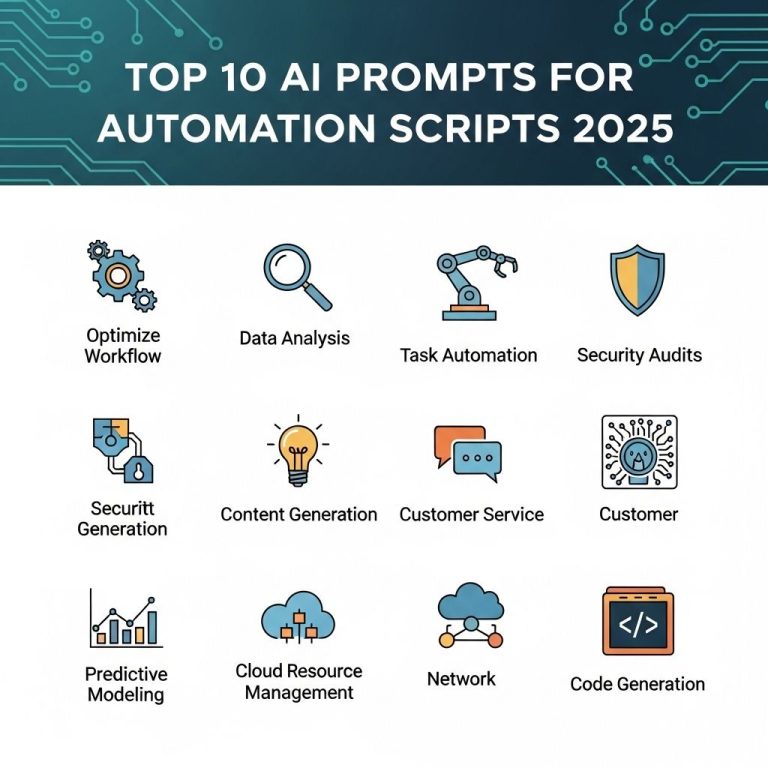As social media continues to evolve, the demand for effective content moderation has never been greater. With user-generated content flooding platforms every second, the challenge of maintaining safe and relevant environments has led to the rise of AI moderation technologies. This article explores the intricacies of AI moderation, its benefits, challenges, and the future it promises for social platforms.
Understanding AI Moderation
AI moderation refers to the use of artificial intelligence technologies to oversee and regulate user-generated content on social media platforms, forums, and other digital spaces. Unlike traditional moderation, which relies heavily on human moderators, AI systems can quickly analyze vast amounts of data to identify inappropriate, harmful, or irrelevant content.
Key Components of AI Moderation
- Natural Language Processing (NLP): NLP enables AI systems to understand and interpret human language, allowing them to identify potentially harmful content.
- Image and Video Recognition: AI algorithms can analyze images and videos, flagging those that contain nudity, violence, or hate speech.
- Machine Learning: With the ability to learn from vast datasets, machine learning allows AI systems to improve their accuracy over time by adapting to new types of content.
Benefits of AI Moderation
The integration of AI moderation offers numerous advantages for social platforms, including:
Speed and Efficiency
One of the primary benefits of AI moderation is its speed. While human moderators can be overwhelmed by large volumes of content, AI can operate at a scale unmatched by human capabilities. This rapid response time helps in:
- Identifying harmful content before it reaches a wider audience.
- Reducing the backlog for human moderators, allowing them to focus on more nuanced cases.
Consistency and Objectivity
AI systems provide consistent moderation without the biases that can affect human moderators. This consistency helps in:
- Creating a fairer environment for all users.
- Applying rules uniformly across the platform.
Cost-Effectiveness
Implementing AI moderation can significantly reduce operational costs associated with content moderation. It minimizes the need for a large team of moderators and offers:
- Reduced training expenses for new hires.
- Lower turnover rates typically associated with high-stress moderator roles.
Challenges of AI Moderation
Despite its advantages, AI moderation is not without challenges. Some of these include:
Misinterpretation of Context
AI systems can struggle to understand context or sarcasm, leading to:
- False positives, where benign content is flagged as inappropriate.
- False negatives, where harmful content goes undetected.
Ethical Concerns
The use of AI in moderation raises ethical questions about privacy and censorship. Key points include:
- The potential for overreach, where content is removed without just cause.
- The implications of user data being processed by AI systems.
Dependence on Training Data
The effectiveness of AI moderation heavily relies on the quality of training data. If the data is biased or incomplete, it can lead to:
- Inaccurate moderation outcomes.
- A skewed understanding of diverse cultural contexts.
The Future of AI Moderation
Looking ahead, AI moderation is expected to evolve significantly, with advancements in technology and processes. Key trends include:
Improved Algorithms
With ongoing research and development, algorithms will become more sophisticated, enhancing their ability to:
- Understand nuances in language and imagery.
- Adapt to emerging trends in user-generated content.
Hybrid Moderation Approaches
Future models may incorporate hybrid approaches that combine AI efficiency with the nuanced understanding of human moderators. This strategy will:
- Leverage the strengths of both systems.
- Ensure a more measured approach to content moderation.
Community Involvement
There will be a push for greater community involvement in moderation processes, fostering:
- Transparency in how content is moderated.
- Empowerment of users to play an active role in maintaining community standards.
Conclusion
AI moderation presents a groundbreaking solution to the challenges posed by user-generated content on social media platforms. While it offers numerous advantages in terms of speed, consistency, and cost-effectiveness, it also raises important ethical and contextual challenges. As technology continues to advance, the future of AI moderation looks promising, with a potential blend of AI efficiency and human insight paving the way for healthier online communities.
FAQ
What is AI moderation?
AI moderation refers to the use of artificial intelligence technologies to monitor, manage, and moderate user-generated content on social platforms, ensuring compliance with community guidelines.
How does AI moderation improve user experience?
AI moderation enhances user experience by quickly identifying and removing harmful or inappropriate content, creating a safer and more engaging environment for users.
What are the benefits of using AI for content moderation?
The benefits of AI for content moderation include increased efficiency, scalability, consistency in enforcement of rules, and the ability to analyze vast amounts of data in real-time.
Can AI effectively understand context in social content?
While AI has made significant advancements in understanding context, it still faces challenges with nuanced language, sarcasm, and cultural references, requiring human oversight for optimal results.
What role do humans play in AI moderation?
Humans play a critical role in AI moderation by reviewing flagged content, providing feedback to improve AI algorithms, and making final decisions on complex moderation cases.
How is AI moderation shaping the future of social media platforms?
AI moderation is shaping the future of social media by enabling real-time content management, fostering healthier online communities, and allowing platforms to better adhere to regulations and user expectations.




